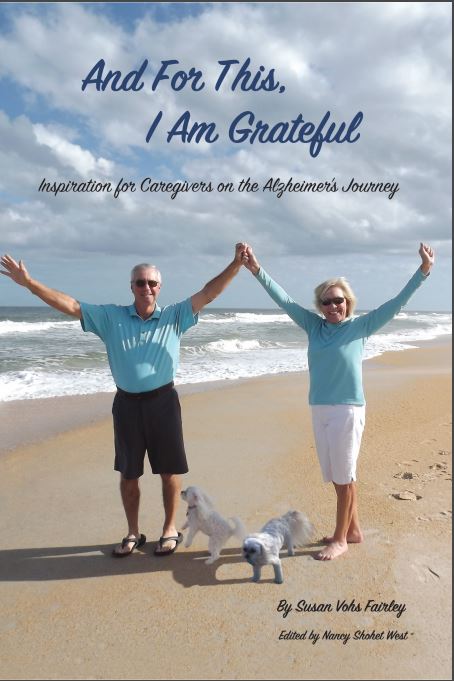If they were to sit next to each other on an airplane, which is where I can best imagine them meeting, they would assume after exchanging just a few words that they had little in common. Though close in age, one grew up in Minnesota and became a professional football player. As an offensive tackle, he was a two-time All-Pro, a six-time Pro Bowl selection, and played on one winning Super Bowl team. The other was raised in India and came to the U.S. to attend a college none of his friends back home had ever heard of – Dartmouth. (“So you didn’t get into any of the good American colleges?” they asked him at the time.) He stayed at Dartmouth for medical school, where he earned a Ph.D. in cellular biology, and became a senior policy advisor for the Bill and Melinda Gates Foundation.
No, the two men might not find much to talk about on their hypothetical airplane ride. But to me, having interviewed both of them within a matter of days, they have something profound in common: both men are passionate about their work, and both speak about it with the eloquence born of unwavering devotion to what they do.
Eloquence matters to me as an interviewer. I don’t mean that someone needs to have a fine vocabulary or a poetic sense of sentence structure. I just mean it’s much easier to interview someone for whom the thoughts and ideas, and the answers to my questions, flow rapidly. And this happens, I’ve come to realize, not when someone is particularly well-educated or even naturally verbose, but just when they are talking about what they love.
Of course, this is true of me as well, in my own work of helping people tell their stories. “Don’t get me started,” I sometimes caution friends who casually ask what I’m working on. I know they’re just being polite, and yet I can’t hold back once I start describing my latest project. Names and identifying details of my clients are kept confidential, of course – I leave it up to my clients to decide when and how they want to reveal themselves through their work – but once their stories get into my head, I can’t stop rummaging through the details. “She had her first child at the age of eighteen – with her husband off at war!”, I find myself saying. Or “They met at an art opening in their sixties and moved in together the following week.” “He stole a police car at the age of twelve and no one ever found out.” “She first learned about Thanksgiving when her boss invited her to his house to celebrate it.” “He was the only volunteer firefighter at the firehouse who couldn’t drive a firetruck– he was still too young to have a driver’s license.” Like both men I wrote about this week, I too find it almost impossible to hold back when asked about my work.
So once again, it was an illuminating week for me. I learned about what it’s like to be drafted by the same NFL team you used to race home from church to watch on TV as a kid – and then sit on the bench for your first two years on the roster. And I learned what it’s like to advise Bill Gates on cholera research.
The two men will probably never meet, and probably wouldn’t see many similarities between themselves if they did. But both left me feeling full of enthusiasm to write their stories, because both love talking about what they’ve done. It’s a contagious kind of passion – and one that makes my job easy.

 RSS Feed
RSS Feed